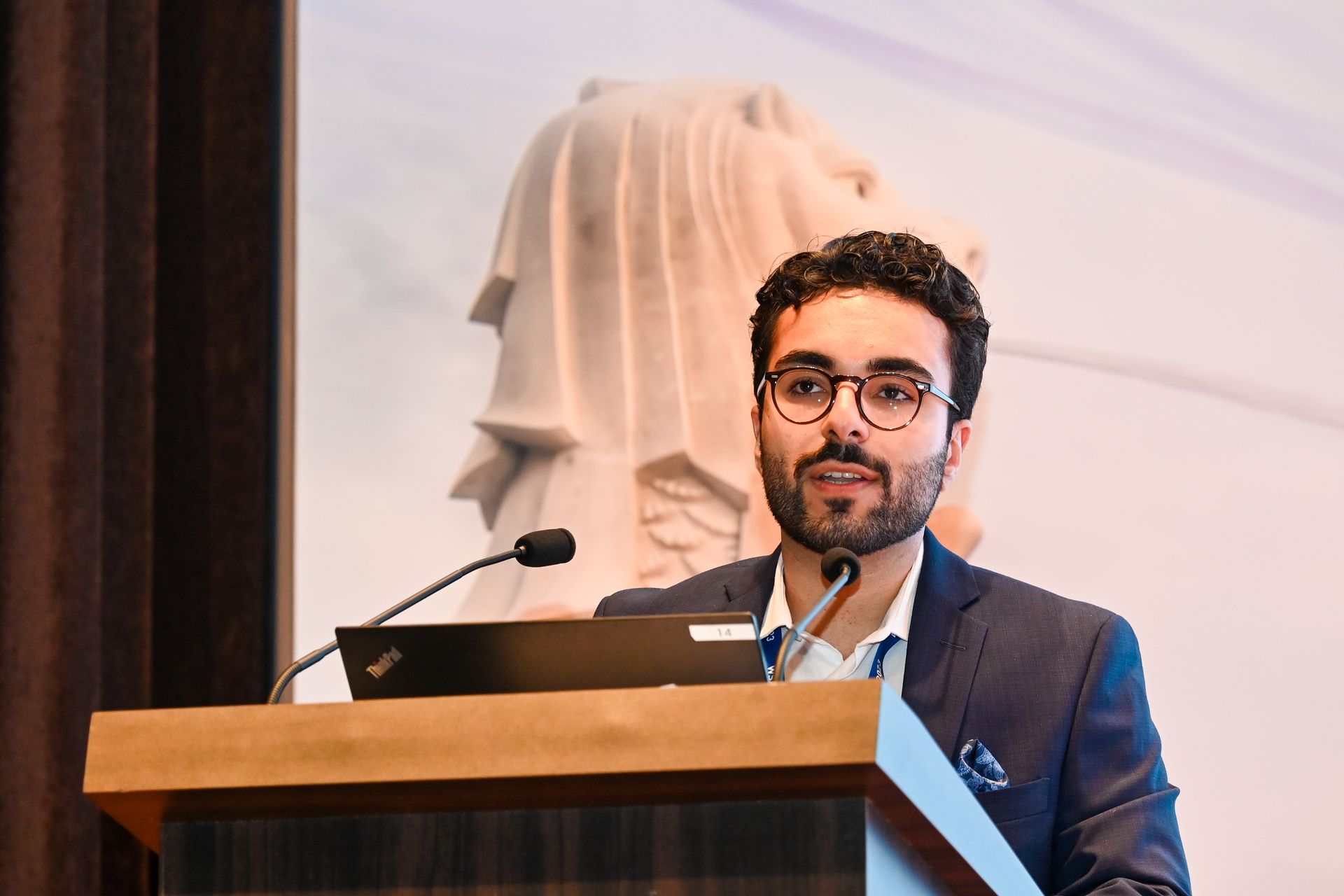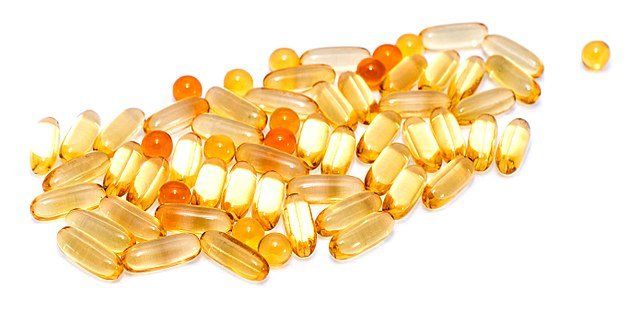


On 31st January 1952, Seven Seas was set up to market a range of vitamin tablets. The business emerged from BCLO (British Cod Liver Oil); founded by trawler owners in 1935 to exploit a bi-product of fishing for cod – cod liver oil.
Cod liver oil, as the name implies, comes from the livers of cod fish – the Gadidae species. Atlantic cod and Pacific cod are most commonly used to extract cod liver oil. The fish get their omega-3 fatty acids by eating phytoplankton, which absorb microalgae. Microalgae is the original source of rich omega-3 fatty acids.
Today, Seven Seas is owned by multi-national powerhouse P&G with facilities moved away from Hull and the company is a player in a $37 billion vitamin and dietary supplement business. This post celebrates Hull’s pivotal contribution to the Life Sciences industry to this day with a closer look at the roots and heritage of this important cod liver oil industry.
Since the 1700s fishing communities on the Atlantic and Pacific oceans had used cod liver oil to ward off all manner of ailments. It was first used in medicine in 1789 to treat rheumatism followed by rickets in 1824 as a vitamin D deficiency was recognized as a root cause. Other fish oils are extracted from the tissue of deep sea cold water fish, including tuna, trout, mackerel, herring, halibut and salmon. The original cod liver oil was a dark liquid that had a fishy smell and taste. It was made by separating the cod’s livers and leaving them in a barrel to rot until the oil naturally separated.
In the 1850’s steaming the livers to create a greater yield replaced. This cod liver oil had a paler colour. However, the nasty taste and smell was still there. T.J. Smith, a founder of the Smith & nephew company who owned a pharmacy in Hull entered the national market, when he discovered, aided possibly by his city’s standing as the principal port for trade with Scandinavia, that Norwegian cod liver oil tasted less obnoxious, and was less expensive than that brought in from Newfoundland. Cod Liver Oil helped Smith & Nephew scale up in the early years.
From the 1880s, Hull grew a huge fishing industry that defined the West Hull community with menfolk at sea, women working the fish and Hessle “Road” was open all tides. The fish was sold to fish and chip shops across the North - protein for the working classes - and cod liver oil was extracted and sold by skippers as a bonus to their catch.
As Hull entered its Golden Age up to WW1, prosperity was assured by the industrial diversity. The fishing industry was much more than the men on the trawlers as ancilliary services grew. The Hull Fish Manure and Oil Company was founded in 1891 as a cooperative with nearly all the local trawler-owners, fish-curers, and fish merchants subscribing to its capital. The total employment in Hull associated with fishing was much greater than the bare numbers of fishermen would suggest. Fishermen alone, however, were numerous: about 1,500 were recorded in the Censuses from 1881 to 1911. Paul Gibson’s excellent historical insights on Hull highlights a 1954 study estimating that there were about three persons employed in ancillary occupations for every one in trawling. This ratio may have been the case for generations.
By the 1920’s, cod liver oil was used with animals and, as demand increased, the industry moved to move to a new refinery at Marfleet on the edge of the city. Early in the 1930’s, Boyd Line Ltd, Hudson Brothers Ltd, and Hellyer Brothers Ltd experimented. They were a group of trawler companies operating out of Hull. The limited businesses boiled the livers on board the trawlers out at sea while they were fresh. The oil had such a high quality that the companies formed a cooperative – British Cod Liver Oil Producers (Hull) Ltd.
By 1936 pharmaceutical quality cod liver oil was being sold in small attractive bottles as Seven Seas. marketed across the UK. Later that year, Ken Moxley, had the idea to market cod liver oil in attractive display bottles. Pharmaceutical quality cod liver oil was being sold in small bottles as Seven Seas and marketed in a huge ‘King Cod’ campaign – a large wooden canvas fish on a wagon with a loud-speaker playing “a Life On The Ocean Wave”. In parallel, cod liver oil was distributed free of charge, as part of the Ministry of Food’s Welfare Food Scheme, to pregnant women, new mothers and children under five.
During the Second World War, demand grew. It grew so much that trawlers from Hull and Grimsby could not supply enough oil. Supplies were imported from Iceland as the business continued to expand - margarine, industrial products, vitamins, health supplements and even “Welfare Orange Juice” for the Ministry of Food.
In the 1970s a series of scientific tests confirmed the composition: Vitamin A, Vitamin D and polyunsaturated fats. This led to health professionals recommend it as a prevention rather than a cure. Seven Seas has moved around the Stock Exchange several times. BCLO was taken over by Imperial Foods (of Imperial Tobacco); then, the Hanson Group; in 1996 on to Merck Group and then, in 2019, sold to P&G.
With Smith & Nephew and Reckitts remaining in the City, the Life Sciences plays a huge role in Hull’s future. As we consider the roots and heritage of the wider industry, more should be done to make clear the opportunities for youth in this fast-expanding sector. What new Life Sciences businesses will emerge from by-products of what is done now or, as part of the new emphasis on wellbeing? Not just products but, through data, much could emerge from AI and ML services offering research and medical diagnostics.



Hull Medical Society | Privacy Policy